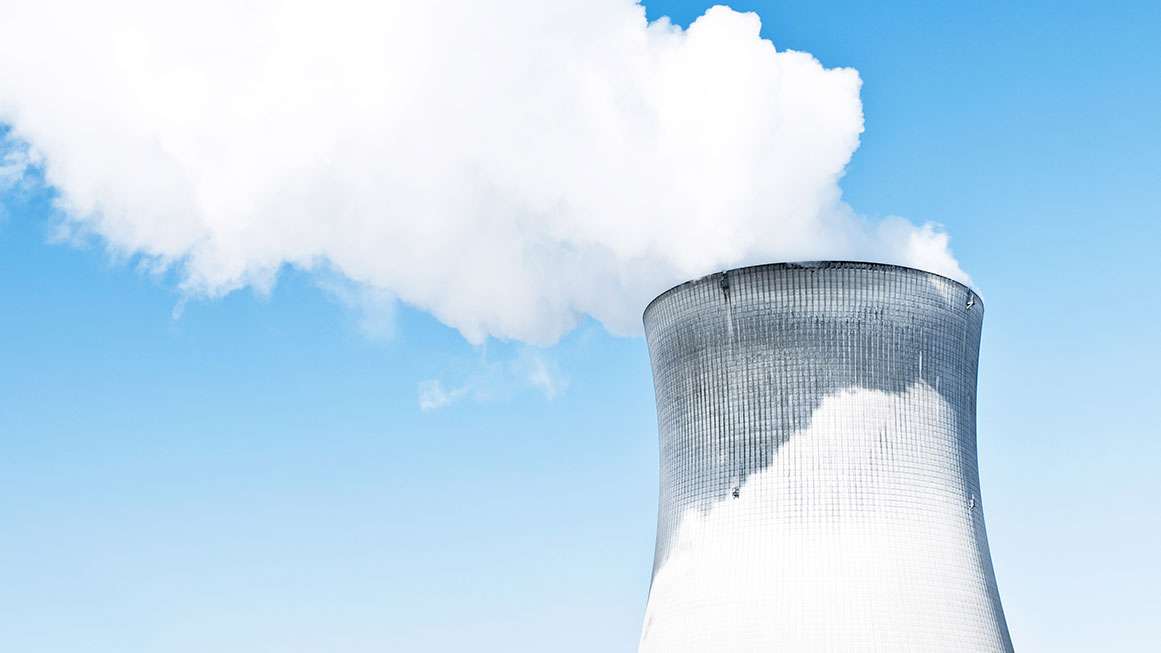Nuclear Energy: A Solution for Reducing Air Pollution and Saving Lives
The catastrophic meltdown of the Chernobyl nuclear power plant in 1986 triggered widespread panic and a marked shift in public perception toward nuclear energy, leading to a significant decline in the construction of new nuclear power plants globally. A recent study by the National Bureau of Economic Research (NBER) highlights that this panic resulted in nearly 400 fewer nuclear reactors being built than originally projected—a stark contrast to earlier ambitions where the Atomic Energy Commission had envisioned nearly 1,000 reactors supplying 70 percent of America’s electricity by the year 2000. In the aftermath of Chernobyl, the United States has stagnated at about 20 percent of its electricity being generated from outdated light-water reactors, despite evidence suggesting that a continuation of nuclear power development could have drastically reduced reliance on fossil-fuel energy, thus alleviating air pollution challenges.
The repercussions of this reduction in nuclear power have been significant, particularly concerning air quality and public health. Research indicates that while Chernobyl was a tremendous disaster in terms of immediate human impact, the longer-term consequences of diminished nuclear power has manifested in increased air pollution from fossil fuels. According to various studies, including a 2019 report from the Proceedings of the National Academy of Sciences, the resulting air pollution from fossil fuel combustion equates to millions of premature deaths annually, dwarfing the fatalities associated with nuclear accidents. With estimates running as high as 4.5 million deaths linked to outdoor pollution, it becomes evident that the clean energy potential from nuclear power could have played an essential role in preventing such a healthcare crisis.
The NBER study further emphasizes the significant difference in mortality figures between nuclear power incidents and fossil fuel reliance. The Three Mile Island event caused no casualties, while the Fukushima disaster resulted in minimal radiation-related deaths. Conversely, Chernobyl resulted in only a handful of immediate fatalities upon the explosion, with subsequent deaths occurring from radiation exposure. Notably, United Nations reports downplay the potential long-term health risks for most populations exposed to Chernobyl’s radiation levels, asserting those levels were not sufficient to cause serious health concerns for the majority.
Economists involved in the NBER study analyzed air pollution data sourced from satellite observations, demonstrating a strong correlation between the opening of new nuclear plants and reduced levels of fine particulate air pollution in surrounding urban areas. They utilized estimates from the University of Chicago’s Air Quality Life Index to project how life expectancies could have been enhanced through continued investment in nuclear energy. Their calculations suggest an average nuclear reactor would prevent 800,000 life years lost through air pollution, making a compelling argument for a shift back toward nuclear energy alternatives in the interest of public health.
The researchers assert that the global loss of life years due to the deceleration of nuclear power construction in the wake of Chernobyl is staggering, with estimates suggesting a loss of over 318 million life years in democratic nations alone. Specifically, they conclude that the United States alone has suffered an estimated loss of 141 million life years due to the halted progress in nuclear energy deployment following the disaster. These figures underscore the grave importance of reassessing the implications of nuclear energy, particularly its potential life-saving benefits in combating air pollution when contrasted with the consequences of reliance on fossil fuels.
Ultimately, this analysis points to a critical crossroads in energy planning and policy. Despite historical fears surrounding nuclear energy, the NBER findings advocate for a renewed dialogue regarding its potential as a viable solution to contemporary energy and public health challenges. By presenting a hypothetical trajectory where nuclear energy remained a priority, the researchers illustrate a compelling narrative: that air pollution, which results in significant loss of life globally, could have been greatly reduced through expanded nuclear power capacity, thereby enhancing public health outcomes. As climate change and air quality remain pressing global issues, the lessons drawn from the aftermath of Chernobyl could play a pivotal role in shaping future energy policy.
Share this content:












Post Comment